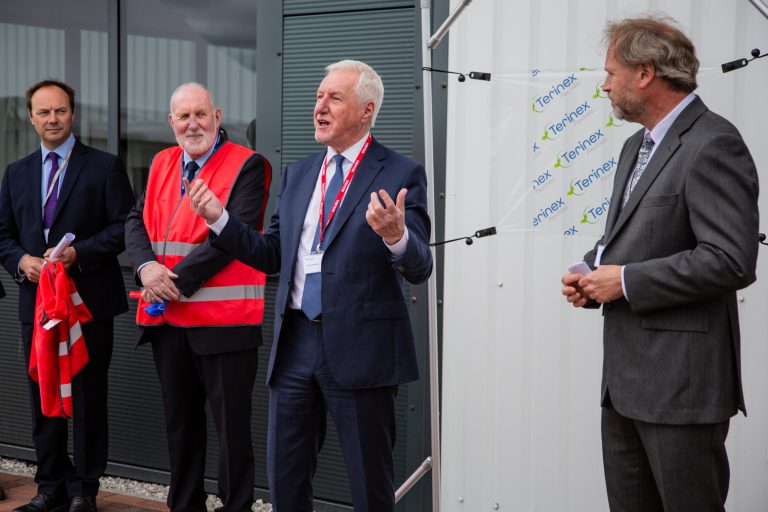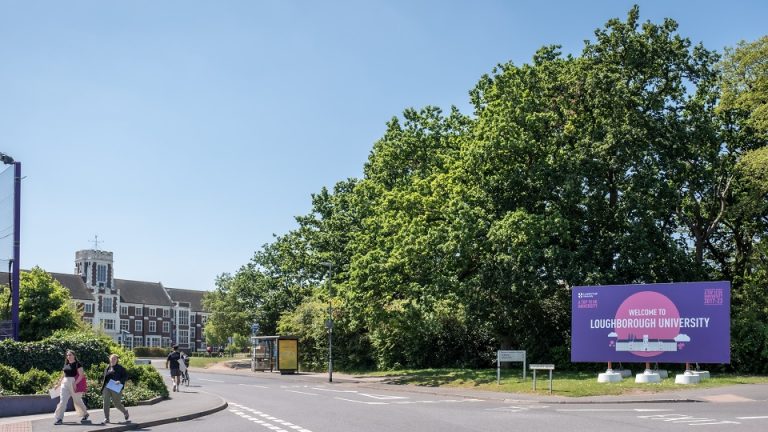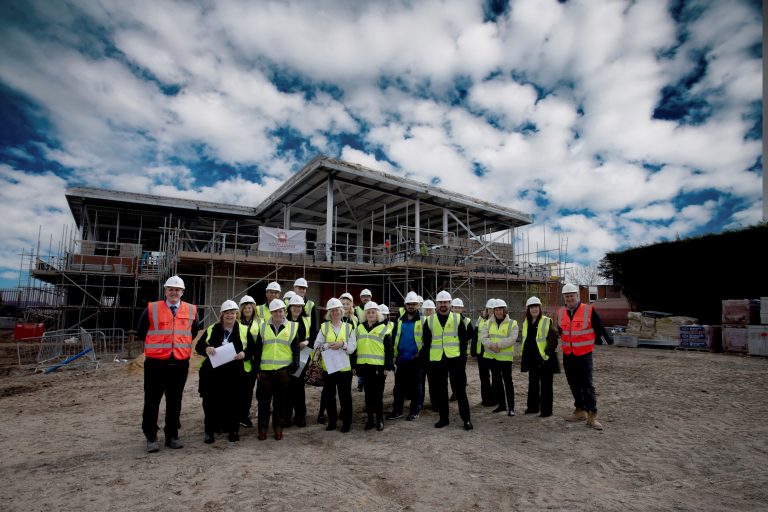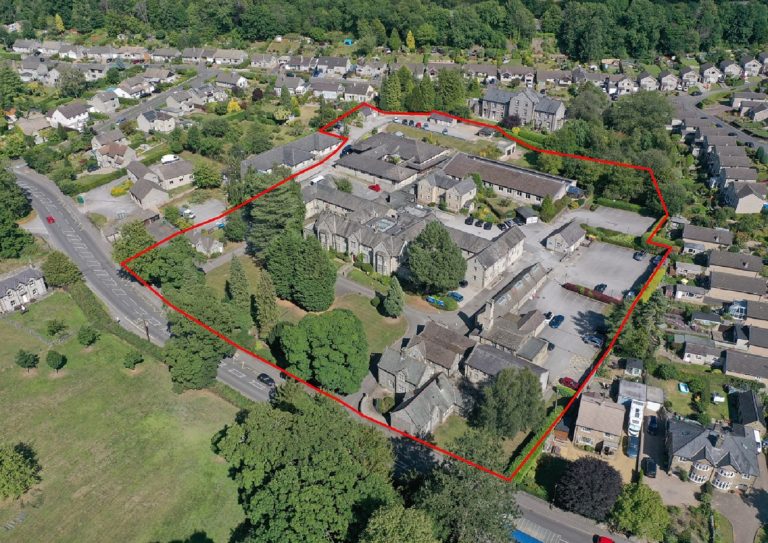Silverstone electric vehicle firm restarts operations following restructure
Partners secure £1m grant to reduce carbon impact of buildings with AI
Terinex Flexibles opens net zero CO2 rated factory building near Derby
£3m campaign to attract global R&D investment to the Midlands
A groundbreaking coalition of seventeen universities from the Midlands has launched a new £3m international campaign to attract inward investment into R&D, innovation and science – leveraging their global connections to drive economic growth across their region.
Fresh prepared food firm acquires humous brand
Works progressing on new £3.6m medical centre in Leicestershire
Masterplan revealed for Nottingham’s Broad Marsh
- 1,000+ new homes
- Around 2,500 new jobs
- Around 20,000 sqm office & commercial & leisure
- Excellent Public Realm
- Retention of part of old shopping centre’s structural frame to provide opportunities for innovative new spaces including NHS CDC and a Caves visitor attraction.
Rolls-Royce’s transformation on track
Chief Executive Tufan Erginbilgic stated: “Our work to transform Rolls-Royce into a high-performing, competitive, resilient and growing business is continuing with pace and intensity as we execute on the granular strategy we set out last November.
“We are driving growth, delivering contractual improvements and improved margins, unlocking efficiencies and creating value across the Group. We have had a strong start to the year, despite continued industry-wide supply chain challenges.
“This builds on our record performance in 2023 and provides further confidence in our guidance for 2024. The focused investments we are making will continue to drive growth and create value for all our stakeholders in the mid-term and beyond.”
In a new trading update the business said it was continuing “to demonstrate a strong track record of delivery,” adding: “Our operating profit and cash growth reflects an underlying performance improvement driven by the impact of our strategic initiatives, notably commercial optimisation including contractual improvements, cost efficiency actions, and the effective management of ongoing supply chain challenges.” Rolls-Royce’s full year 2024 guidance is unchanged, with a broadly balanced weighting for both profit and cash flow across the year. The business also noted it has reduced its gross debt position by repaying a EUR 550 million bond from underlying cash and cancelled its last remaining UKEF-supported undrawn loan facility, both enabled by a more resilient and growing cash delivery.In positive news for its Civil Aerospace division, long-term service agreement large engine flying hours (EFH) have returned to 100% of 2019 levels in the four months to 30 April, driven by the continued recovery of international traffic in Asia and Rolls-Royce’s growing fleet.
Furthermore, the momentum of new widebody business wins has continued with VietJet and Starlux orders announced during the Singapore Air show. In addition, IndiGo, one of the fastest growing airlines in the world, recently agreed to order 60 Trent XWB engines.
In Defence, the long-term growth of the business has been underpinned by several recent contract awards, while in Power Systems, a strong position in the data centre market is providing growth opportunities as Rolls-Royce sees higher demand from artificial intelligence and cloud services providers. Demand for governmental applications also remains high as states increase their investments in defence capabilities.
Following Rolls-Royce’s announcement of proposed organisational changes in October 2023, the business said is it now “on track to deliver the annualised sustainable benefit of around £200 million by the end of 2025. Consultation is advanced and continued progress is expected during the remainder of the year as we implement a simpler and more strategically focused agile organisation.”












